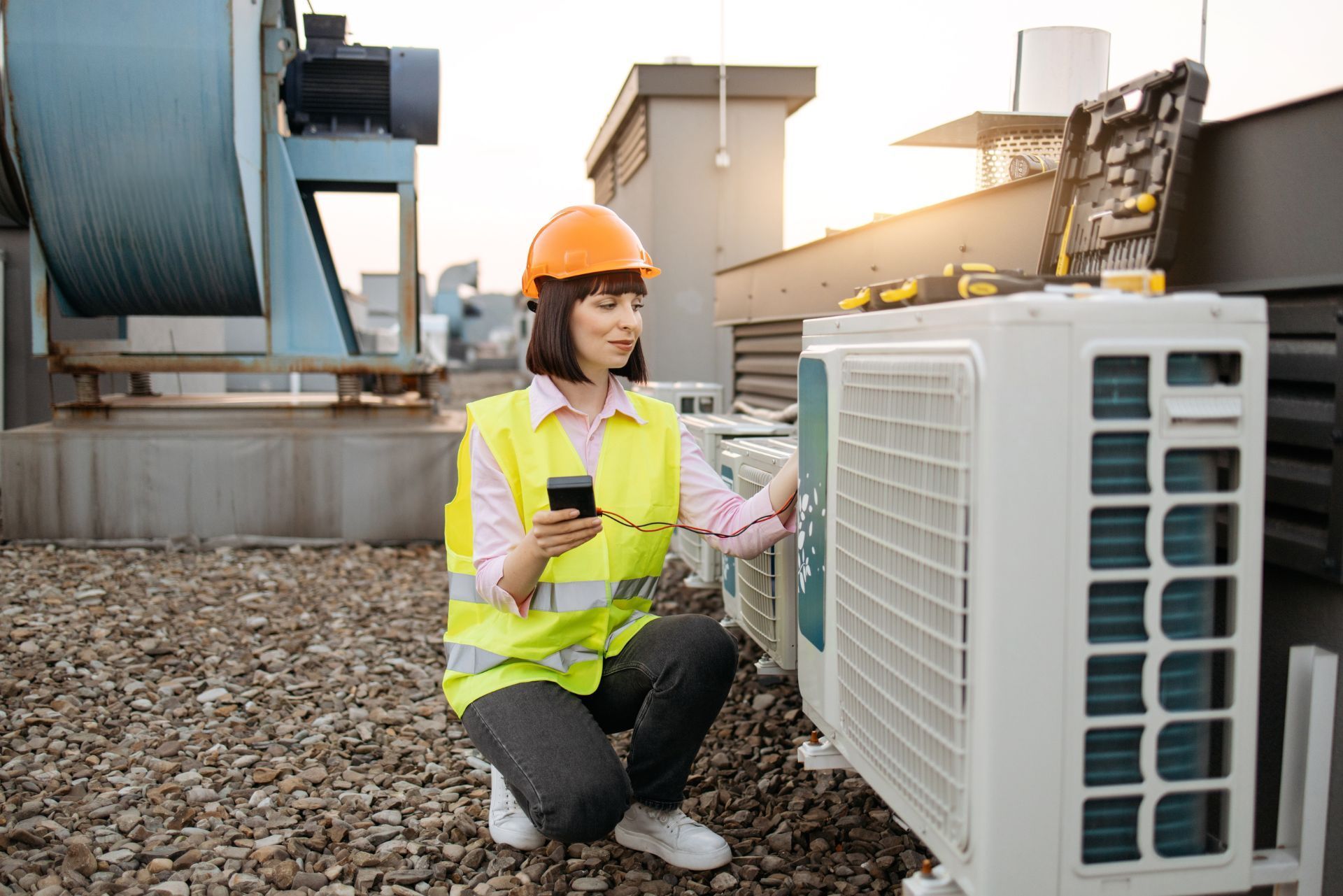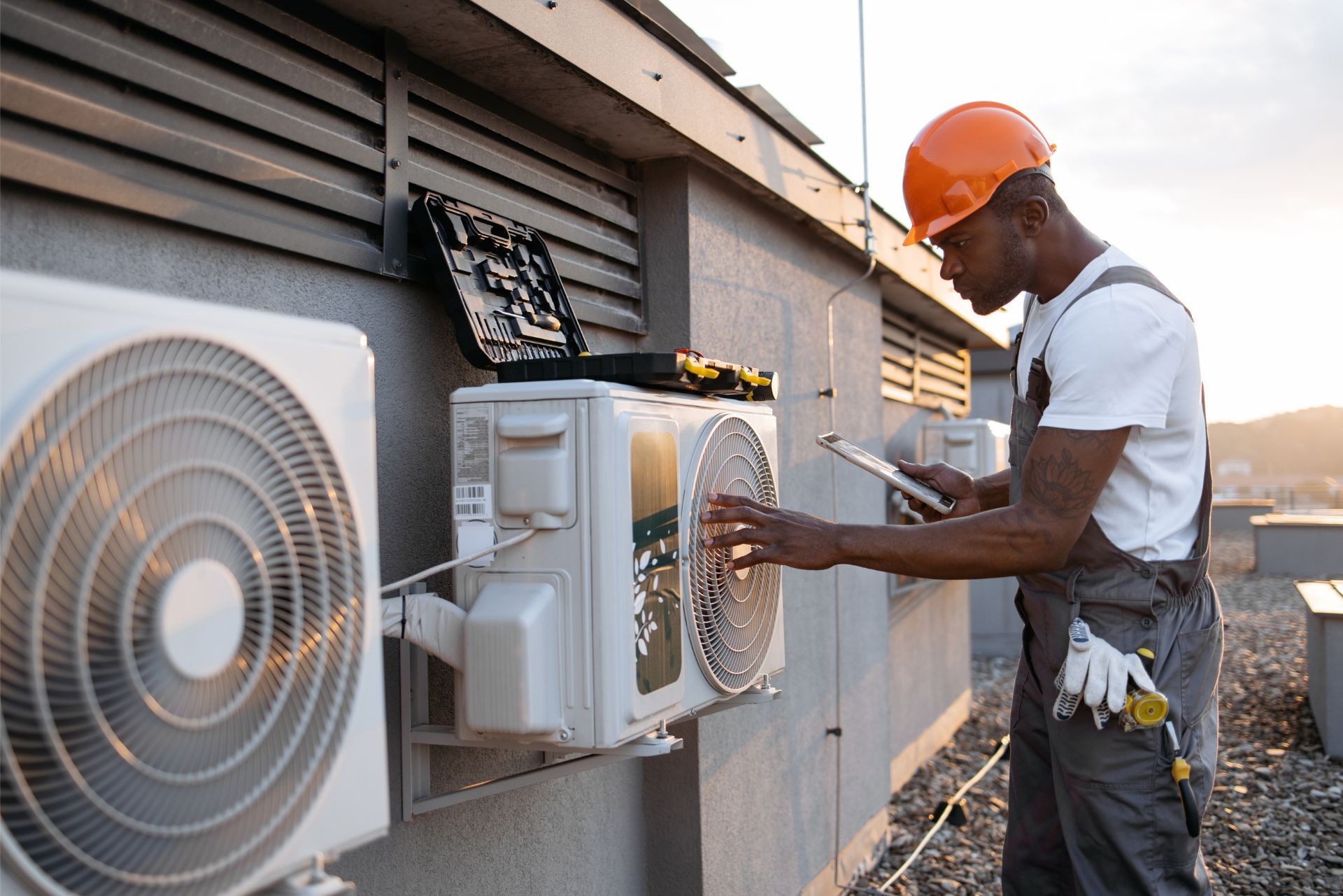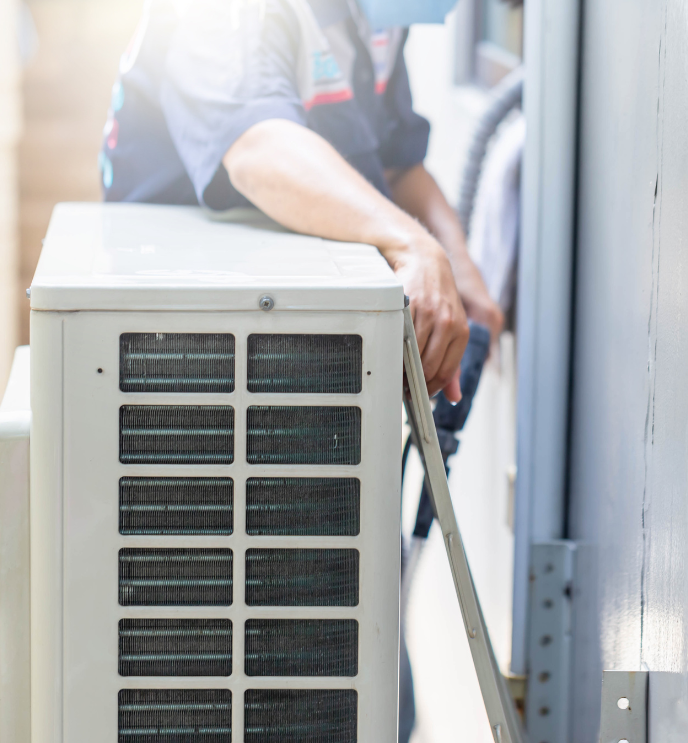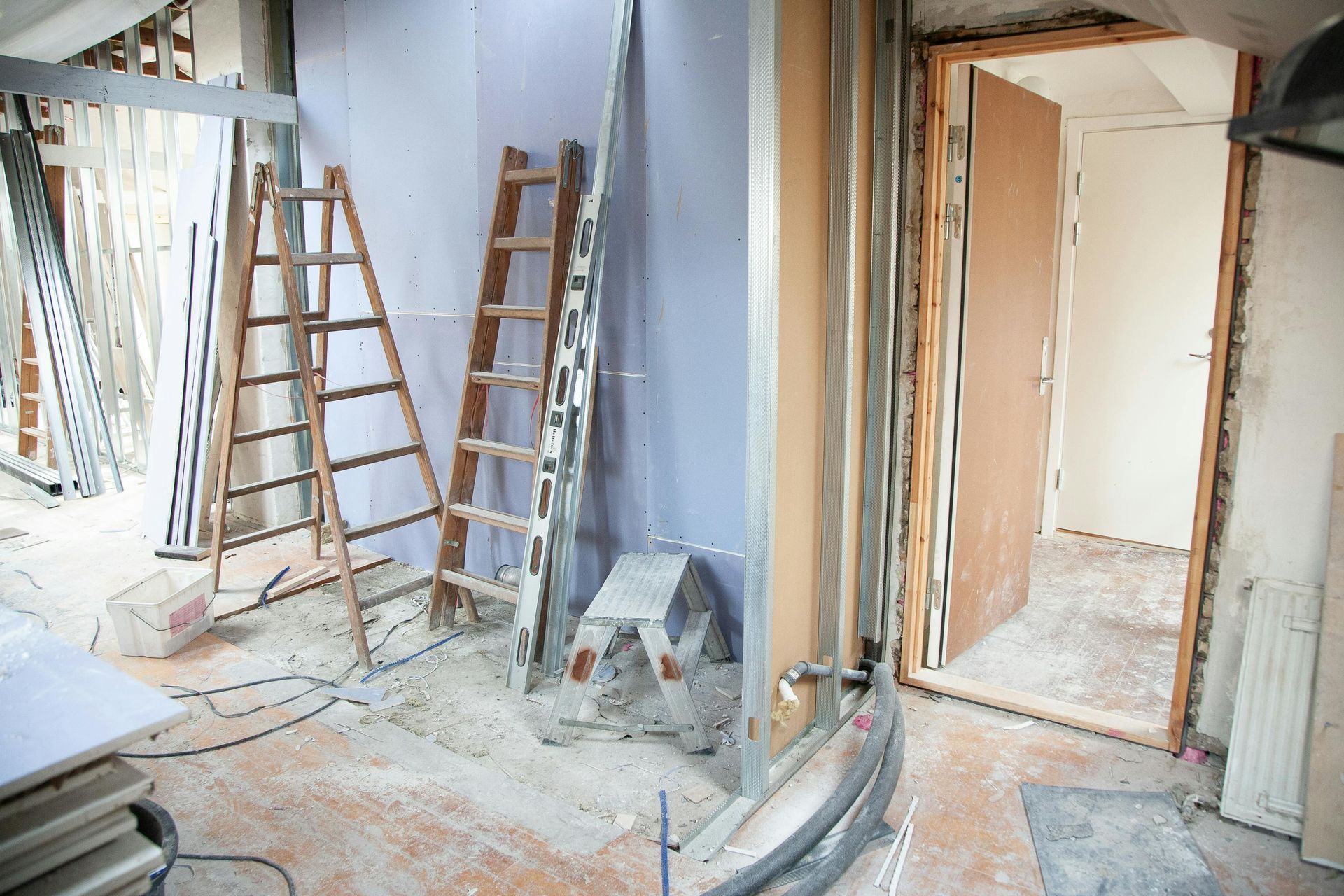Types of Contractors We Serve
Jonathan Behr
Owner of Contractor Insurance Pros by Behr Insurance Services
Index
Contact Us
Phone
Location
Simi Valley, CA 93065
The Woodlands, TX 77382
Katy, TX 77494
In the world of heating, ventilation, and air conditioning (HVAC), technicians play a crucial role in ensuring that systems run efficiently and safely. However, with the nature of the job comes inherent risks. From potential accidents on the job site to equipment failures, HVAC technicians face various challenges that can impact their livelihood. That's where
Smart HVAC technician insurance comes into play. This article explores the importance of insurance for HVAC professionals, the types of coverage available, and how to choose the right policy.
The Importance of Insurance for HVAC Technicians
Insurance is not just a safety net; it is a vital component of a technician's business strategy. The HVAC industry is fraught with risks, including injuries, property damage, and liability claims. Without proper insurance, a single incident could lead to financial ruin.
Moreover, many clients now expect HVAC technicians to carry insurance as a standard practice. This requirement not only protects the client but also enhances the technician's credibility in the marketplace. Having insurance can make a technician more competitive when bidding for jobs, as it demonstrates professionalism and preparedness.
Understanding Risks in the HVAC Industry
The HVAC industry presents unique challenges that can lead to various risks. Technicians often work in confined spaces, at heights, or with hazardous materials. These conditions increase the likelihood of accidents, which can result in injuries not just to the technician but also to bystanders.
Additionally, equipment failures can lead to significant property damage. For instance, a malfunctioning air conditioning unit could cause water damage to a client's property. Such incidents can lead to costly repairs and potential legal action if the technician is found liable. Furthermore, the HVAC field is subject to evolving regulations and standards, which can add another layer of complexity. Technicians must stay updated on local codes and safety practices to avoid penalties and ensure compliance, making insurance not only a financial safeguard but also a tool for maintaining operational integrity.
Types of Insurance Coverage
HVAC technicians should consider multiple types of insurance coverage to protect themselves adequately. The most common types include:
- General Liability Insurance: This covers third-party claims for bodily injury and property damage. If a client files a lawsuit due to an accident caused by the technician, this insurance can cover legal fees and settlements.
- Workers' Compensation Insurance: This is essential for technicians who are employees. It provides benefits for medical expenses and lost wages if a worker is injured on the job.
- Commercial Auto Insurance: Since technicians often travel to job sites, commercial auto insurance is crucial for covering vehicles used for business purposes.
- Professional Liability Insurance: Also known as errors and omissions insurance, this coverage protects against claims of negligence or failure to deliver services as promised.
In addition to these fundamental types of coverage, HVAC technicians might also want to explore specialized insurance options tailored to their specific needs. For instance, equipment breakdown insurance can provide coverage for costly repairs or replacements of essential tools and machinery. This type of insurance can be particularly beneficial in an industry where the reliability of equipment is paramount to service delivery. Moreover, cyber liability insurance is becoming increasingly relevant as more HVAC businesses adopt digital tools for scheduling, billing, and customer management. Protecting sensitive client information from data breaches is crucial in maintaining trust and compliance with privacy regulations.

Choosing the Right Insurance Policy
Selecting the right insurance policy can be a daunting task, especially with the myriad of options available. Here are some steps to consider when making this important decision.
Assess Your Needs
Before diving into the world of insurance, it’s essential to assess your specific needs. Consider the types of jobs you undertake, the size of your business, and the risks associated with your work. For instance, if you frequently handle large commercial projects, you may need higher coverage limits compared to residential jobs.
Additionally, think about the equipment you use and the potential liabilities involved. Understanding your unique situation will help you choose a policy that provides adequate protection without unnecessary costs. For example, if you operate specialized machinery, you might want to look into equipment breakdown coverage, which can save you from significant financial losses in case of an unexpected malfunction.
Research Insurance Providers
Not all insurance providers are created equal. It’s crucial to research companies that specialize in coverage for HVAC technicians. Look for providers with a solid reputation in the industry, positive customer reviews, and a track record of excellent service.
Consider reaching out to fellow technicians for recommendations. They may have valuable insights based on their experiences with various insurance companies. Additionally, consult online resources and forums to gather more information. Industry-specific trade associations often provide lists of recommended insurers and can be a great starting point for your research. This can help ensure that you are working with a provider that understands the unique challenges and risks associated with HVAC work.
Compare Quotes and Coverage
Once you have a list of potential insurance providers, it’s time to compare quotes. However, don’t just focus on the price. Examine the coverage details, exclusions, and limits. A lower premium may not be worth it if the policy doesn’t adequately cover your risks.
Pay attention to the deductibles as well. A higher deductible might lower your premium, but it also means you’ll pay more out of pocket in the event of a claim. Finding the right balance between affordability and comprehensive coverage is key. Moreover, consider the policy's claims process; a straightforward and efficient claims process can be invaluable when you need to file a claim. Understanding how each insurer handles claims can provide peace of mind, knowing that you will be supported when it matters most.
Benefits of Smart Insurance Practices
Investing in smart insurance practices offers numerous benefits for HVAC technicians. These advantages extend beyond mere financial protection.
Enhanced Professionalism
Carrying the right insurance not only protects technicians but also enhances their professional image. Clients are more likely to trust a technician who is insured, as it demonstrates responsibility and commitment to their work.
Being insured can also lead to better relationships with clients. When clients know that they are protected from potential mishaps, they may feel more comfortable hiring a technician for their HVAC needs. This trust can translate into repeat business and referrals, which are vital for a thriving HVAC business. Furthermore, an insured technician can confidently market their services, highlighting their commitment to quality and safety, which can set them apart in a competitive market.
Financial Security
One of the most significant benefits of having insurance is the financial security it provides. In the event of an accident or lawsuit, having the right coverage can prevent devastating financial losses. This security allows technicians to focus on their work without the constant worry of potential liabilities.
Moreover, insurance can help technicians maintain their cash flow. For instance, if a technician faces a lawsuit, the insurance can cover legal fees, allowing the technician to continue operating their business without interruption. Additionally, certain insurance policies can offer coverage for equipment damage or theft, ensuring that a technician can quickly replace essential tools and continue providing services without significant downtime. This financial buffer is crucial in an industry where equipment is often a substantial investment.
Peace of Mind
Knowing that you are protected against various risks can provide invaluable peace of mind. HVAC technicians can perform their jobs with confidence, knowing that they have a safety net in place. This assurance can lead to improved job performance and customer satisfaction.
Additionally, peace of mind can reduce stress, allowing technicians to focus on their craft rather than worrying about what could go wrong. The mental clarity gained from knowing that potential risks are managed can also foster a more proactive approach to safety and quality control. Technicians may be more inclined to invest time in ongoing education and training, further enhancing their skills and service offerings. This continuous improvement not only benefits the technician but also elevates the overall standards of the HVAC industry, contributing to a safer and more reliable service for clients.

Common Misconceptions About HVAC Insurance
Despite the clear benefits of insurance, several misconceptions can deter HVAC technicians from obtaining the coverage they need.
Insurance is Too Expensive
Many technicians believe that insurance is prohibitively expensive. While it’s true that costs can vary, there are often affordable options available. By comparing quotes and understanding your specific needs, it’s possible to find a policy that fits within your budget.
Additionally, the cost of not having insurance can far outweigh the premiums. A single lawsuit or accident could lead to significant financial burdens, making insurance a worthwhile investment. Furthermore, some insurance companies offer discounts for bundling policies or for technicians who have a clean record, which can help reduce overall costs even further.
Only Large Companies Need Insurance
Another common misconception is that only large HVAC companies require insurance. In reality, even small businesses and independent contractors face risks that necessitate coverage. Accidents can happen to anyone, regardless of the size of the business.
Small technicians often work in environments where risks are prevalent, making insurance just as critical for them as it is for larger companies. For instance, independent contractors may find themselves working in residential homes, where the potential for property damage or personal injury is significant. Having insurance not only protects the technician but also instills confidence in clients, who may be more likely to hire someone with proper coverage.
Insurance is Complicated
Many technicians shy away from insurance due to the belief that it is overly complicated. While insurance policies can be intricate, understanding the basics is manageable. Taking the time to research and consult with insurance professionals can demystify the process.
Moreover, many insurance providers offer resources and support to help technicians navigate their options, making it easier to find the right coverage. Online tools and calculators can assist in estimating premiums based on specific needs, while customer service representatives are often available to answer questions and provide guidance. By leveraging these resources, technicians can feel empowered to make informed decisions about their insurance needs, ultimately leading to better protection for their business and peace of mind.
Conclusion
Smart HVAC technician insurance is an essential aspect of running a successful HVAC business. It provides financial protection, enhances professionalism, and offers peace of mind in an industry filled with risks. By understanding the importance of insurance, assessing individual needs, and choosing the right coverage, HVAC technicians can safeguard their livelihoods and focus on what they do best.
In a competitive market, having the right insurance can set a technician apart from the rest. It demonstrates a commitment to quality and responsibility, which can lead to greater trust and more business opportunities. As the HVAC industry continues to evolve, so too should the approach to insurance, ensuring that technicians are well-equipped to handle the challenges ahead.
Areas we serve









